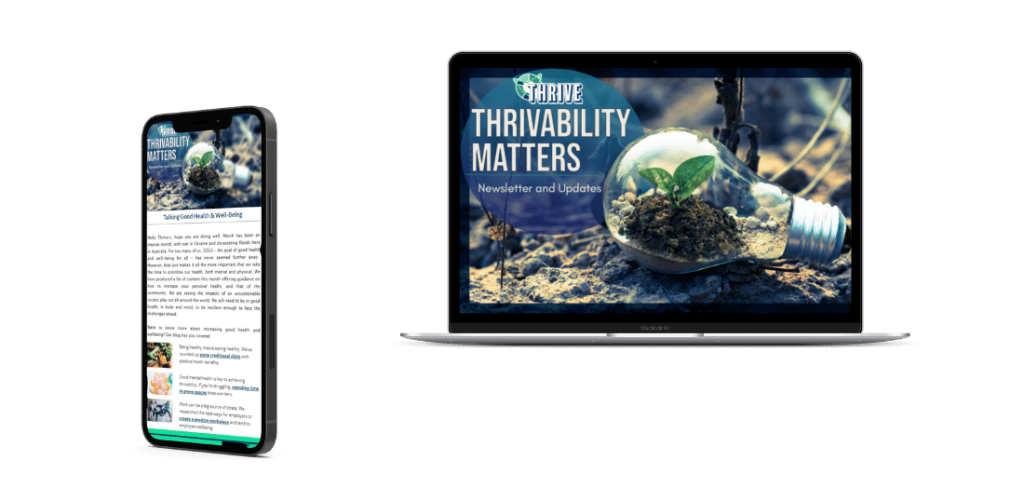The people most affected by climate change
Every year the effects of climate change become more tangible (Lindsey & Dahlman, 2020). From rising sea levels to the acidification of oceans, more and more species struggle to survive within their rapidly changing environments (UN, 2019). The extinction rate of today wildly surpasses anything seen before in human history (UN, 2019). While the threat of human extinction may not be in the forefront of most people’s concerns, there are groups of people; communities and even entire nations that are encumbered with the reality of losing their livelihoods, culture, and entire identity as a result of climate change.
Climate change in the pacific
The Pacific Islands harbour some of the most culturally diverse people on Earth. They have deep spiritual connections to the lands that they have lived on for generations. Many of these lands could once be considered tropical paradises but are now becoming uninhabitable (Loughry & McAdam, 2008). For the people in this region, enduring more devastating and frequent weather phenomena such as floods and cyclones are becoming a way of life. And for some islands, like Kiribati, the ever-rising sea levels present an even greater threat requiring the evacuation for the entire population of 92,000 people (Loughry & McAdam, 2008). This evacuation of necessity will create yet another class of displaced people’s as climate-refugees. This phenomenon will become commonplace as more maritime civilisations face the threat of habitat loss.

When perpetrators become victims
There is a disparity between the primary contributors of global greenhouse emissions and the people that feel the brunt of it. The top 10 countries by emissions produce nearly 75% of all global emissions while the bottom 100 countries produce approximately three and a half per cent (Freidrich, Ge & Pickens, 2017). The towering economies of the top emitters (China, United-States, and European Union) aid in offsetting some adversities of climate change. However, countries with limited resources have no choice but to bear all the consequences directly (Borunda, 2019). In a tragic paradox, the luxury of climate inaction is available to those who are not directly and as adversely affected as the people of the Pacific Islands (Borunda, 2019). If this mindset of inaction is allowed to become the norm then perpetrators too will become the victims.
Playing the Part
The major sectors of individual greenhouse-gas emissions are energy, agriculture and transportation (Wang & Ge, 2019). Since larger economies have a bigger carbon footprint, every step they take towards a more sustainable planet makes a significant difference. Small changes in large numbers can make a difference. By being mindful of energy and water usage, opting to use more sustainable means of transport, and digesting more environmentally-friendly food options, can be the difference between the loss of a nation or seeing it thrive.
For more information on how to live a more thrivable future and ensure the longevity of civilization on Earth, visit THRIVE Project for specific guidance on how to achieve providence and prosperity.
REFERENCES
Borunda A. 2019. Inequality is decreasing between countries—but climate change is slowing progress. National Geographic [online] Available at <https://www.nationalgeographic.com/environment/2019/04/climate-change-economic-inequality-growing/.> [Accessed 08 09 2020]
Freidrich J, Ge M, Pickens A 2017. This Interactive Chart Explains World’s Top 10 Emitters, and How They’ve Changed. World Resources Institute. [online] Available at <https://www.wri.org/blog/2017/04/interactive-chart-explains-worlds-top-10-emitters-and-how-theyve-changed#:~:text=The%20top%20three%20greenhouse%20gas.> [Accessed 08 09 2020]
Lindsey R, Dahlman L 2020. Climate Change: Global Temperature | NOAA. Climate.gov. [online] Available at <https://www.climate.gov/news-features/understanding-climate/climate-change-global-temperature.> [Accessed 08 09 2020]
Loughry M, McAdam J 2008. Kiribati – relocation and adaptation. [online] Analysis and Policy Observatory. Available at < https://apo.org.au/sites/default/files/resource-files/2008-10/apo-nid257116.pdf> [Accessed 08 09 2020]
UN.org 2019. UN Report: Nature’s Dangerous Decline “Unprecedented”; Species Extinction Rates “Accelerating” – United Nations Sustainable Development. [osnline] United Nations Sustainable Development. Available at <https://www.un.org/sustainabledevelopment/blog/2019/05/nature-decline-unprecedented-report/> [Accessed 08 09 2020]
Wang S, Ge M 2019. Everything You Need to Know About the Fastest-Growing Source of Global Emissions: Transport. World Resources Institute. [online] Available at <https://www.wri.org/blog/2019/10/everything-you-need-know-about-fastest-growing-source-global-emissions-transport#:~:text=1.> [Accessed 08 09 2020]



Pingback: Public Opinions Split on Nuclear Power Despite its Potential to Tackle Climate Change - THRIVE blog
Pingback: Global warming: What is it and how do we stop it - THRIVE blog
Pingback: Methane in our food value chain: What can we do about it? - THRIVE blog
Pingback: Sustainable branding: How to shop for environmentally-responsible brands - THRIVE blog
Comments are closed.